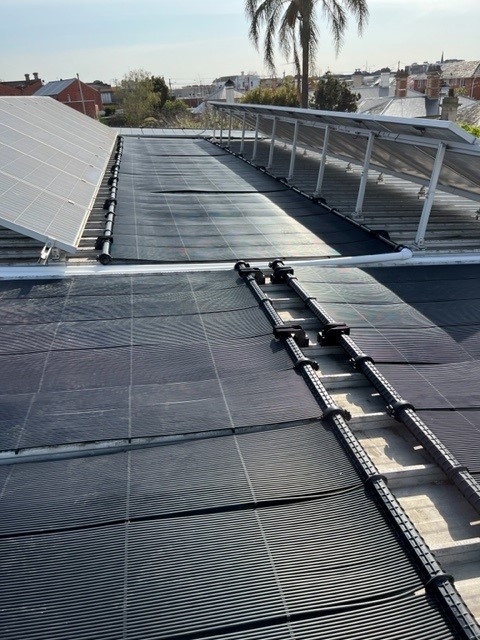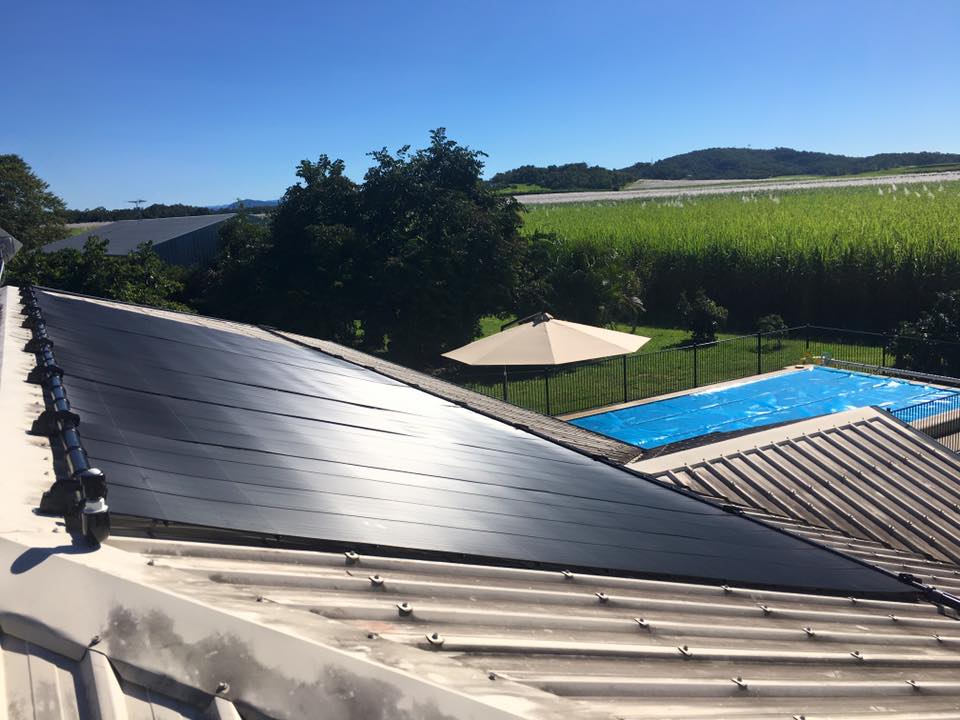Whether you’ve recently invested in a pool or are considering getting one, understanding the factors that influence pool heating time is crucial. The enjoyment of your pool greatly depends on its temperature, especially during cooler seasons. In this article, we will explore the various factors that affect pool heating time and provide answers to some of the most frequently asked questions related to this topic. By the end, you’ll have a clear understanding of how long it takes to heat a pool and how to optimize the process.
Factors Affecting Pool Heating Time
When it comes to heating a pool, several factors come into play. Understanding these factors can help you estimate the time it will take to reach your desired pool temperature. Let’s explore them briefly:
1. Pool Size and Volume
The size of your pool has a direct impact on heating time. Larger pools require more time and energy to heat due to the greater volume of water. Smaller pools, on the other hand, can be heated relatively quickly. Keep in mind that the depth of your pool also contributes to the overall volume and affects heating time.
2. Water Temperature Differential
The temperature difference between the current water temperature and your desired pool temperature affects the heating time. If the water temperature is significantly lower than your desired temperature, it will take longer to heat the pool. The closer the current temperature is to your desired temperature, the shorter the heating time will be.
3. Heater Type and Efficiency
The type and efficiency of the heater you use play a crucial role in pool heating time. There are various types of pool heaters available, including gas, electric, and solar heaters. Gas heaters are generally faster at heating pools, followed by electric heaters. Solar heaters take longer to heat the pool, but they are more energy-efficient and cost-effective in the long run. Opting for a heater with higher energy efficiency will reduce heating time and save on energy costs.
4. Climate and Ambient Temperature
The external temperature and climate have a significant impact on pool heating time. If you live in a colder climate, it will naturally take longer to heat your pool. The ambient temperature affects the efficiency of your heater and the rate at which heat transfers to the water. In warmer climates, the heating time is typically shorter.
5. Insulation and Pool Cover
The presence of insulation and a pool cover can greatly influence heating time. Insulated pools retain heat more effectively, minimizing heat loss and reducing the time required to heat the pool. Similarly, using a pool cover when the pool is not in use helps prevent heat loss through evaporation and keeps the water warmer for longer periods. Investing in insulation and a quality pool cover can significantly decrease heating time and energy consumption.
Conclusion
Heating a pool is influenced by several factors, including pool size, water temperature differential, heater type and efficiency, climate, and the presence of insulation and a pool cover. Larger pools, greater temperature differentials, inefficient heaters, colder climates, and lack of insulation or pool covers can all contribute to longer heating times. On the other hand, smaller pools, smaller temperature differentials, efficient heaters, warmer climates, and the use of insulation and pool covers can help shorten the heating time. By considering these factors and implementing strategies such as using a pool cover, investing in an efficient heater, and maintaining a consistent pool temperature, you can optimize the pool heating process and enjoy your pool comfortably in a timely manner.
Most Popular Questions and Answers
Q1: Does the size of my pool affect the heating time?
A1: Yes, the larger the pool, the more time it will take to heat. Larger volumes of water require more energy to increase the temperature.
Q2: Will using a pool cover reduce the heating time?
A2: Absolutely! A pool cover helps retain heat, preventing it from escaping. This can significantly reduce the heating time and energy consumption.
Q3: Can the climate impact pool heating time?
A3: Yes, colder climates require more energy to heat a pool. If you live in a cooler region, it may take longer to achieve your desired pool temperature.
Q4: What role does the heater type play in pool heating time?
A4: The type of heater you use can affect the heating time. More advanced and efficient heaters can heat a pool faster.
Q5: Is it better to heat the pool continuously or turn the heater on and off?
A5: It is generally more efficient to maintain a consistent pool temperature by using a pool heater with a thermostat, rather than turning the heater on and off. When the heater is turned off and then turned back on, it needs to work harder to bring the pool temperature back up to the desired level. This cycle of heating and cooling can consume more energy and extend the overall heating time. By using a heater with a thermostat, you can set the desired temperature and allow the heater to maintain it consistently, reducing energy waste and optimizing heating efficiency.






